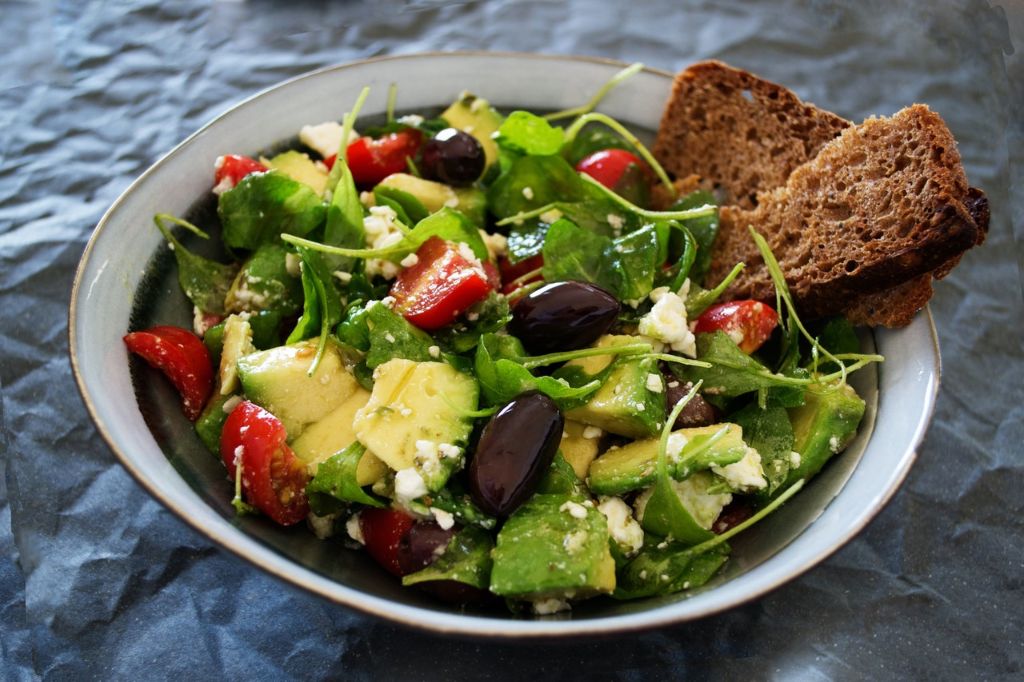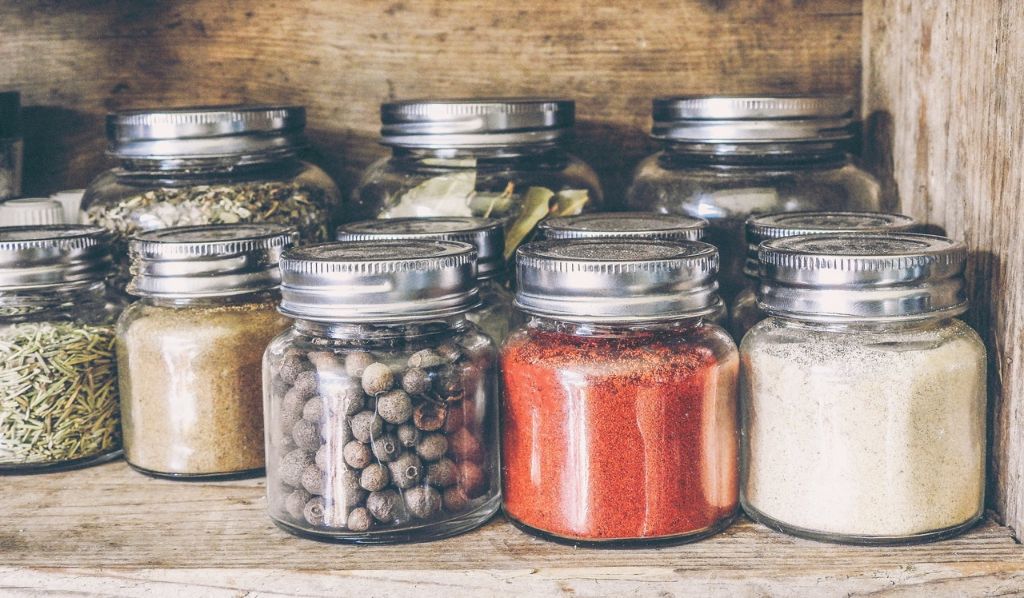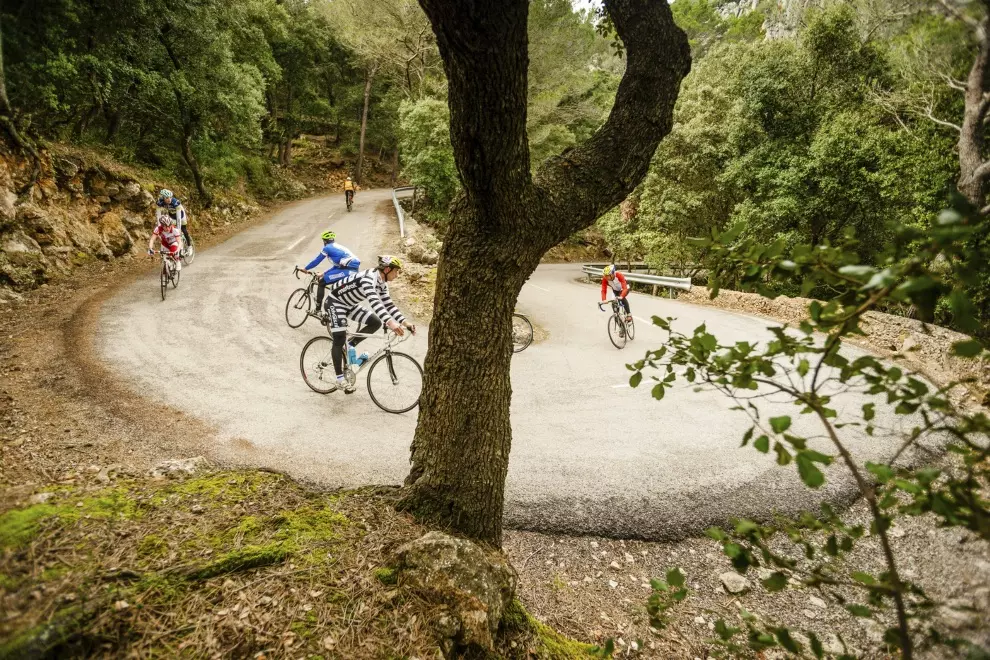In the last article, we were talking about the two most important reasons for weight gain during COVID-19 lockdowns. Both of them hold the key to getting rid of the weight. Let’s start with energy intake as that one usually has a bigger impact.
Take a critical look at your diet
It’s very easy to develop bad habits during extended lockdowns. The first step in making things better is to take a look at your eating habits now. If you want to get a really accurate picture, you can track all you eat and drink for a week. Taking pictures or using an app really helps to not miss anything.

If you don’t want to be so involved, you can also do a recap at the end of each day or a week. It’s less accurate but less time consuming too. Any of these methods will help you identify where to focus first. Even though everyone will discover different issues, most of them can be solved by focusing on four things.
#1 Reduce ultra-processed unhealthy foods & drinks
Things like chocolate bars, ice cream, cookies or potato chips can be a great source of comfort in hard times. But they are not good for health and make it really easy to overeat. Unfortunately, this extends beyond snacking. There are plenty of ultra-processed main meals such as pizza, deep-fried cheese and fries, morning cereal or sausages. And you can count soda and alcohol in this category too.

Reducing or eliminating these foods is often all you need to do. Studies show that people eat less if they eat more whole, unprocessed foods. The hard part is actually doing it. The rest of this article will give you the tools to do that. But it’s important to make big changes in your mindset. You don’t have to give these foods up forever. Just treat them as something celebratory, something you only enjoy on special occasions.
#2 Add a serving of vegetables to your main meals
Vegetables are a great source of minerals, vitamins, fibre and water. Eating meals that include vegetables keeps you full and even makes you eat less of the given meal. This may be due to several factors.
First, vegetables generally have a low calorie density. That means they take a lot of space in your stomach but don’t carry many calories. Eating lower calorie-dense foods is associated with lower calorie intake. The fibre in vegetables seems to be particularly effective at reducing appetite.
Overall, studies link increased vegetable intake to weight loss and a slower weight gain over time. Adding just a single extra serving of vegetables every day is going to help.

#3 Build meals around protein
Another thing that can help you feel full while eating less is protein. Studies show better weight loss with increased protein intake. And they also show that more protein helps protect muscle mass when losing weight. If you want to be scientific, then you can aim for around 30% of your calorie intake from protein or a daily intake of 1,2–1,6 g of protein per 1 kg of bodyweight to benefit the most.
If you’re not the type to count proteins, then make sure you include a good source of protein in all three main meals of the day and snacks too. Good protein-rich ingredients for snacks are yoghurt, Skyr, cheese, nuts, and seeds. For main meals, you can rotate a variety of different meats, fish, eggs, legumes, and dairy.
#4 Make a plan
The first three points are talking about what to change but you also need to know how to change them. And that’s what making a plan is about. There are three things you need for your plan to work.
Find recipes. You need to know what meals you’re going to eat instead of those unhealthy ones. The best way to make yourself excited about change is to find delicious recipes that are good for you. Check out our article with healthy recipes for the whole day.
Stock on up healthier snacks. You also need a better alternative for your snacks. If you aren’t sure how to improve your snacking, check out our blog post for inspiration.
Make a shopping list. Now that you know what meals and snacks you’re going to have, it’s time to get all of that food in your house. If you want a bit of inspiration, check out our shopping list for a whole week of healthy eating.
Tips & tricks to increase your chances
Now you have a basic plan for success. But there are still lots of small tricks you can use to make your life easier and get the most out of your effort.
Cook at home over the weekend – Prepare one big batch of something tasty on Sunday and you can eat leftovers throughout the week. That’s a great way to make sure your diet will stay on track.
Drink enough water – People sometimes confuse thirst with hunger. You can end up consuming extra calories when a glass of water is really what you need.
Use smaller plates – Smaller plates help you eat less. A study found that people tend to fill their plates about 70% full, regardless of plate size.
Eat mindfully – When you eat distracted you tend to consume more food throughout the whole day. Try to focus on the activity at hand. Share a meal with friends and family. But don’t snack mindlessly in front of a TV.
Spice up your meals – Chilli peppers contain capsaicin, which gives them their spiciness. Studies show that it can actually help reduce appetite and hunger.

Exercise and sleep
Of course, we can’t forget exercise, sleep, stress management, and your overall lifestyle as important parts of weight loss. As a cycling enthusiast, it’s clear you don’t need much encouragement to exercise regularly. That will help with weight loss just like improving the other aspects mentioned above.
But it’s important to keep in mind that eating habits have the biggest impact on weight loss for most people. And it’s much more effective and sustainable to focus on improving one thing than trying to change your whole life. So, for now, use your enthusiasm and initial energy to make a few meaningful changes to the way you eat.
The next article in the series is all about maintaining the weight loss you achieve. If you think that losing weight is hard, get ready to face something much harder. Keeping the weight off is going to be your biggest challenge and we will give you all the tools you need to succeed.




